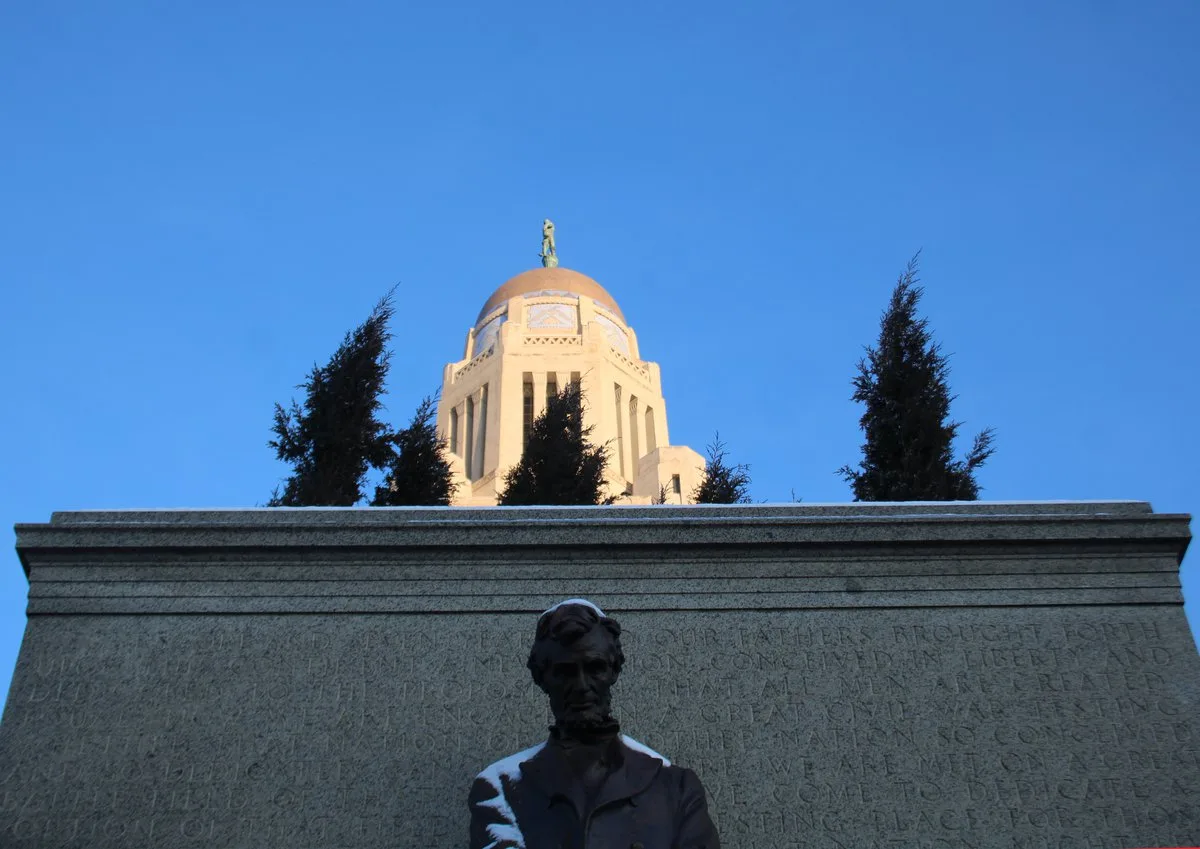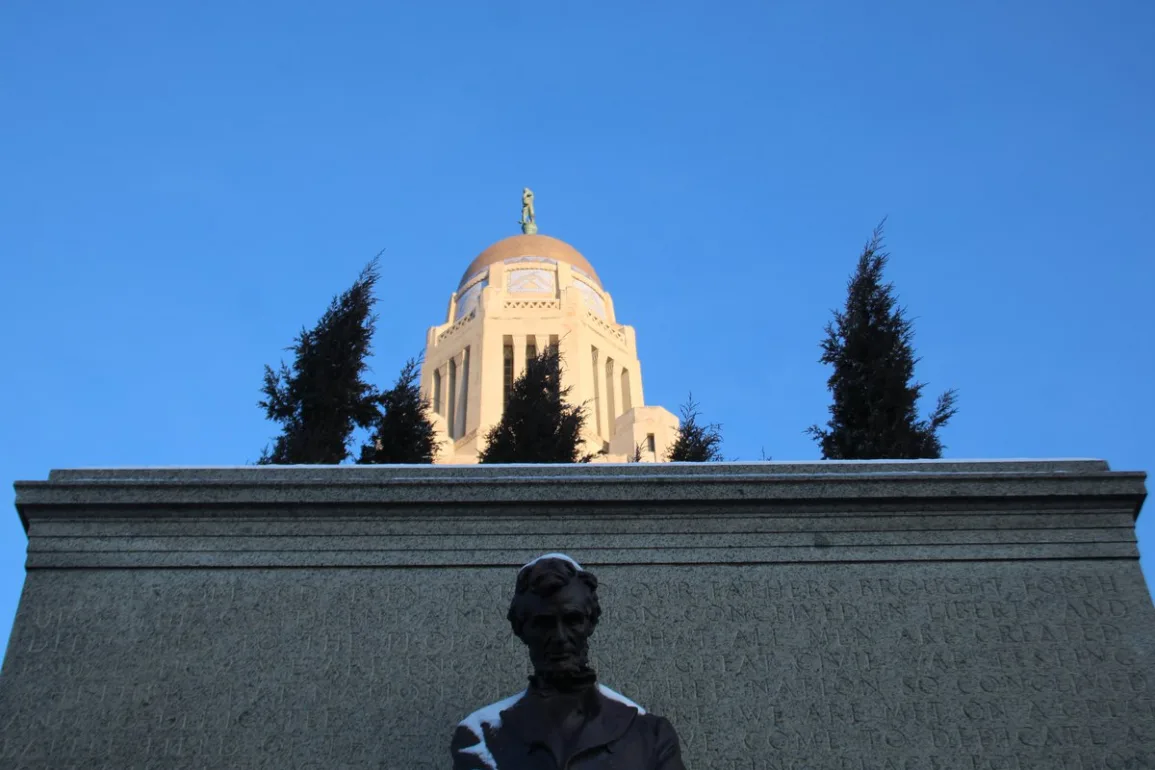
“There were slaves here, before the state was established. And even after, the state of Nebraska has perpetuated a lot of things that negatively impacted descendants of enslaved Africans throughout its statehood. And still today, when you look at high poverty rates and black neighborhoods, when you look at the mass incarceration rate in our state, and it disproportionately affects black people. So the state of Nebraska has some level of accountability,” McKinney said.
A similar effort in the state of California led to recommendations for cash payments to descendants of slaves, though that remains just a recommendation. McKinney said that should be considered in Nebraska.
“It should definitely be a part of it. When you look at the racial wealth gap, one of the few ways that we can even start decreasing it is through reparations, and through financial compensation,” he said.
McKinney proposes to use money from an existing state tax on marijuana to finance the task force. The tax is used in effect to fine people who bring marijuana into the state, where it is illegal. McKinney says it brings in more than $400,000 a year, and it seems like an appropriate source of funding.
“It’s actually a good pot of money. And I was like, ‘Hey, let’s use that. You know, why are we taxing marijuana and it’s not legal?’ And two, you know, marijuana laws negatively affect black people so let’s use that money to fund the reparation task force,” he said.
McKinney responded this way when asked what he would say to somebody who argued that they never owned slaves and should not have to pay.
“Those sins have never been paid for. There’s never been any reconciliation. There’s never been any form of compensation or form of ‘We messed up,’ outside of saying we’re free through the Emancipation Proclamation. But a lot of enslaved Africans were released from slavery with just their feet. There was no boots, there was no financial compensation,” he said.
And McKinney turned around the argument that individuals should pull themselves up by their own bootstraps.
“If that’s the case, then the United States should definitely repay descendants of enslaved Africans for their free labor. If that’s the argument, then definitely that’s the case for reparations because the United States wouldn’t be what it is today without black people. And that’s just a fact,” he said.
McKinney’s proposal seems likely to provoke lively discussion when it comes up for a public hearing, which has not yet been scheduled.
Another lively discussion seems likely on a proposal (LB1064) introduced by Sen. Loren Lippincott of Central City, to abolish tenure at the state’s colleges and university. Tenure gives professors lifetime job protection except in extreme circumstances. Lippincott argued it protects some lazy professors, who fob much of their work off on nontenured associates.


